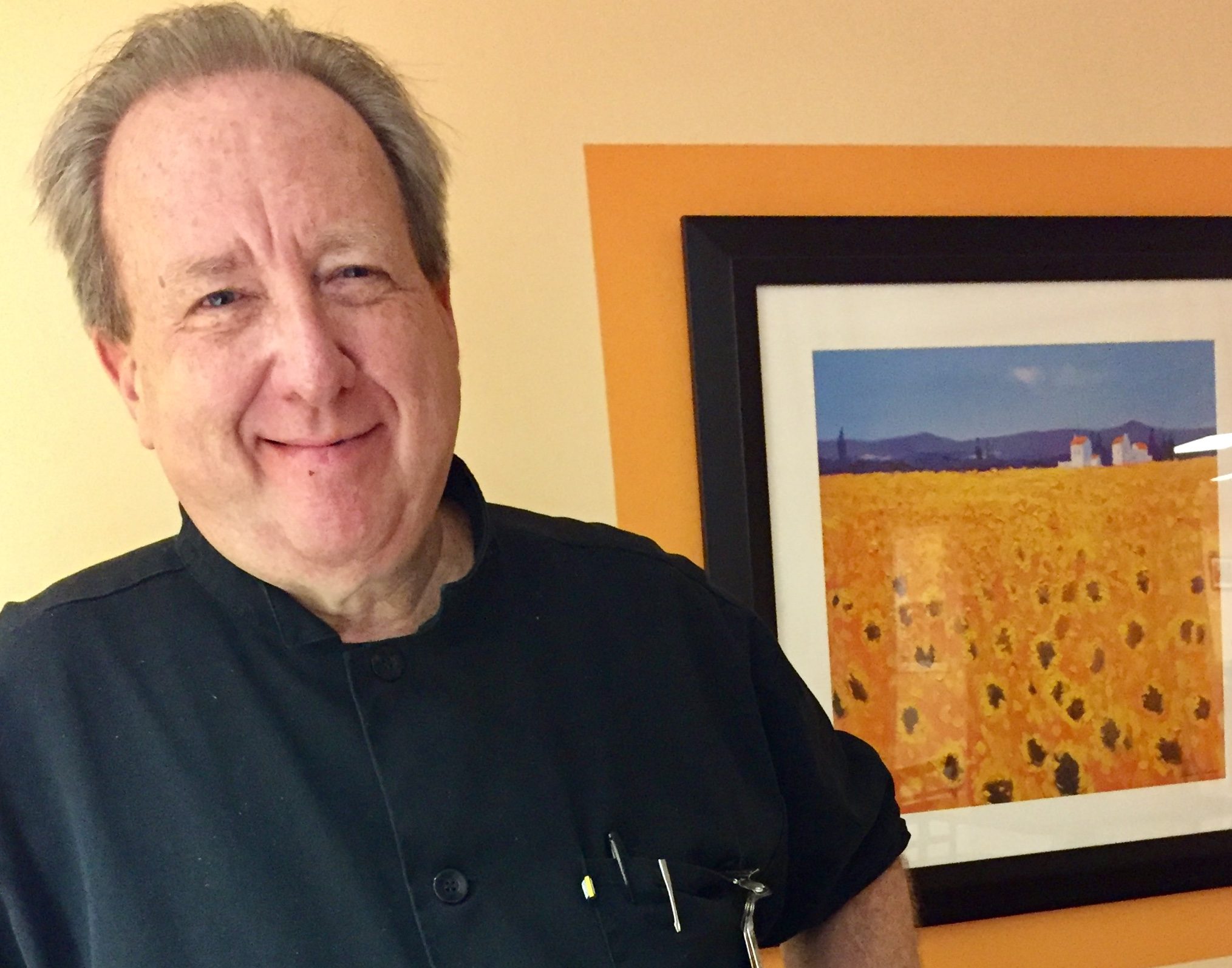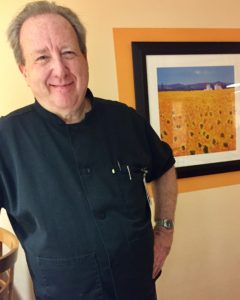

Neil D. Copeland
“People who have so much of their personality invested in the Internet can’t really survive as whole individuals without it.” -Mark A. Rayner, The Fridgularity
By Neil D. Copeland
Nutrition Assistant
I have just returned from a journey that I have been contemplating for a long time: a two-month vacation from using Facebook.
Why? you might ask. First let me explain the reason I went on Facebook in the first place. It was 2008, and I kept hearing people, including friends and relatives, discussing this social media platform, and being informed of events I was interested in, such as birthdays, family news, etc. I also heard that you could reconnect with friends with whom you’d lost touch. I liked all of those reasons, so I took the plunge! I was enamored of the fact that my “friend” list soon blossomed, and before I knew it, I had several hundred of them. They all reacted to my changing pictures, and thoughts about life. I felt more validated, I suppose. Friends from my youth posted pictures they had of me at a childhood birthday party, and we chatted back and forth about our old neighborhood. I felt I filled in some blanks about my early life.
Like many relationships, my Facebook habits became a daily ritual—in the morning and at night when I came home from work. Over the years, I began to notice some dysfunction in my relationship to this application. The first thing I became aware of is that the 200-plus Facebook friends I had were not all really friends in the truest sense of the word. Many were friends of friends of friends to the point where, in some cases, I have never met the person, or maybe just once. Facebook redefines what a friend is, and I think the Facebook definition can be at best a watered-down version.
The second realization is that politics, or should I say differences in politics, is not a subject that seems to be able to generate a rational conversation among many people on Facebook. Memes do not always tell the whole story of one’s political beliefs. I tended to become Facebook friends only with people I felt comfortable with, meaning people with whom I agree. This amounts to nothing more than a political echo chamber, and is not very conducive to sharing a variety of ideas and viewpoints.
Thirdly, and what caused me to suspend my account, was that I was continually being hacked. Someone was assuming my identity, and it seemed no matter what I did, he, or she, was still able to get inside my account and talk to my friends.
Finally, after two months or so, I decided to reenter the world of Facebook, but with some new rules. I defriended many people who were not friendly to me or who exhibited tendencies that I felt were not healthy for me. No one was excluded from this, including some family members. I do not discuss politics as much anymore, but when I do, I try to be as factual and as undramatic as possible in an effort to have a real conversation. I try to care more for the people on my friend list, and produce comments that are funny or self-effacing, and that have compassion. I fixed the hacking problem (for the moment) and have had a much less stressful Facebook experience. I realize that my Facebook life (digital) and my real life (analog) are not the same thing. I am endeavoring to make them match, so that the real me is shown to my friends on Facebook. Lastly, it felt good to delete some of my friends. We should always choose wisely with whom we associate to help ensure our emotional well-being is protected, and nurtured.
###

